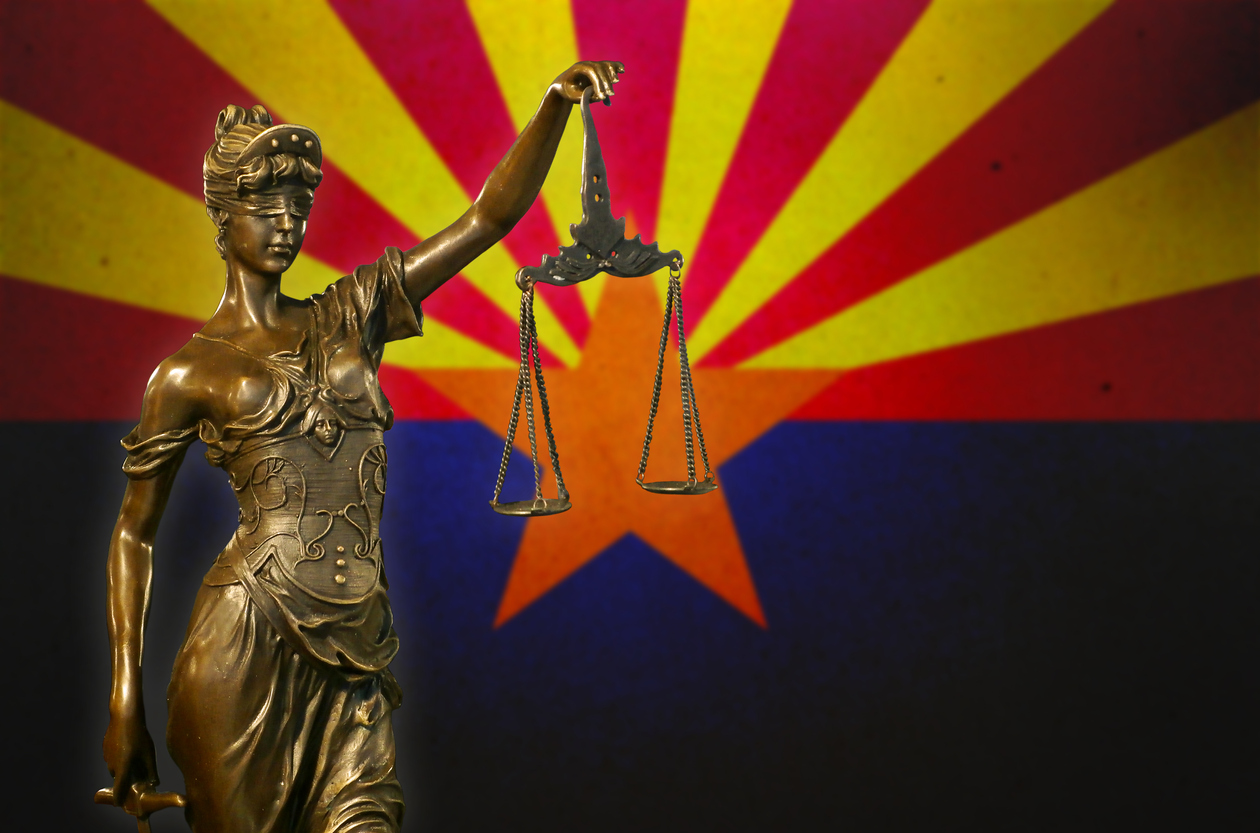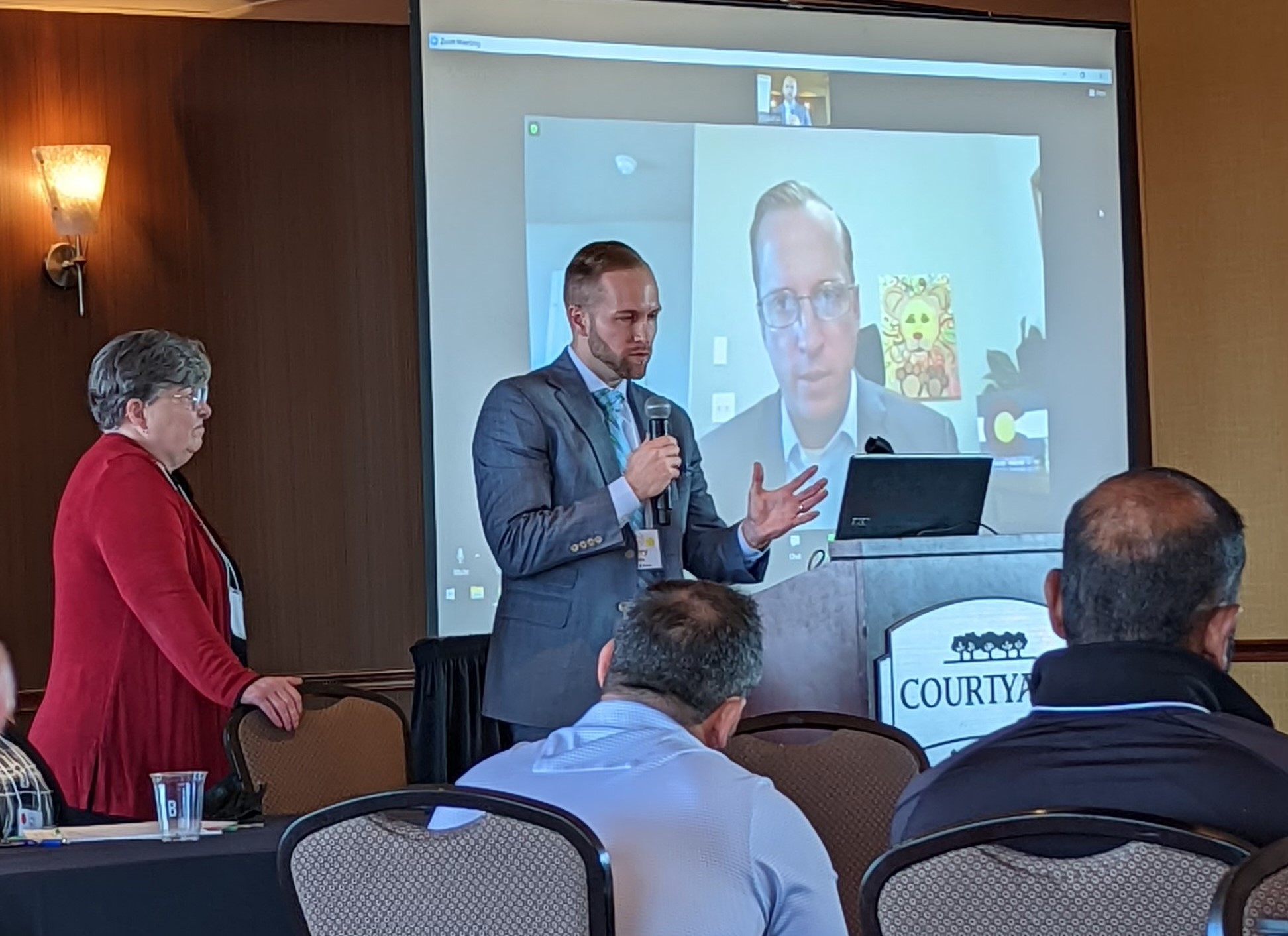Similar to other states, Arizona legislation and case law creates perimeters around Notice of Loss and Proof of Loss requirements by insurance companies.
In Arizona, “notification of claim” refers to any notification, whether in writing or other means, to an insurer or its agent, that is acceptable under the insurance policy’s terms, which reasonably informs the insurer of the pertinent facts of the claim.1
Policyholders are advised to look at the wording of their policy prior to filing an insurance claim. Most insurers require a proof of loss within 60 days. However, policy terms requiring a notice of loss or the filing of a proof of loss within a certain time period cannot be used against the insured as a forfeiture of their claim.2
If a policyholder fails to submit a proof of loss, the insurance company is not relieved of its contractual obligations unless they can demonstrate prejudice by this failure.3 An insured’s delay in submitting a proof of loss is not adequate to demonstrate prejudice.4
Critically, an insured’s substantial compliance with the proof of loss requirement is sufficient, which is strongly construed against the insurance company.5 If the policy does not indicate whether specific proof of loss forms are required, the insured need not use the insurance company’s forms, if the only requirement is the filing of a “detailed proof of loss, duly sworn to.”6
_________________________
1 Ariz. Admin Code R20-6-801(B)(8).
2 Zuckerman v. Transamerica Ins. Co., 133 Ariz. 139, 143 (1982).
3 Lindus v. Northern Ins. Co. of New York, 103 Ariz. 160, 164 (1968).
4 Globe Indem. Co. v. Blomfield, 115 Ariz. 5, 7 (App. 1977).
5 Truck Ins. Exchange v. Hale, 95 Ariz. 76, 81-83 (1963).
6 Maryland Cas. Co. v. Clements, 15 Ariz. App. 216, 221 (1971).




